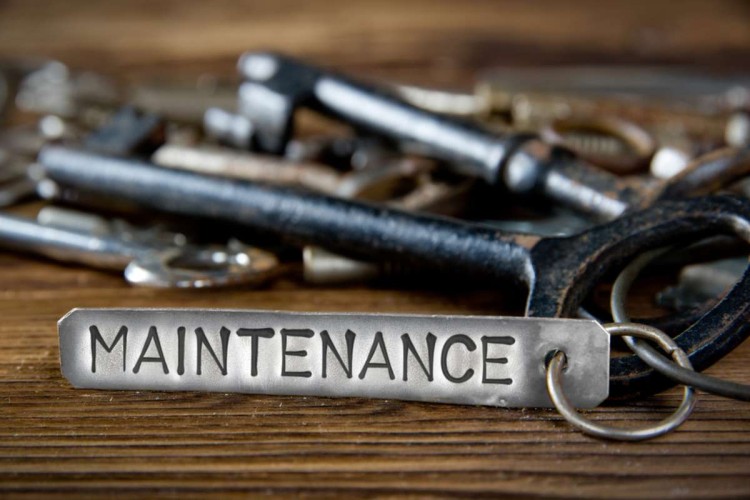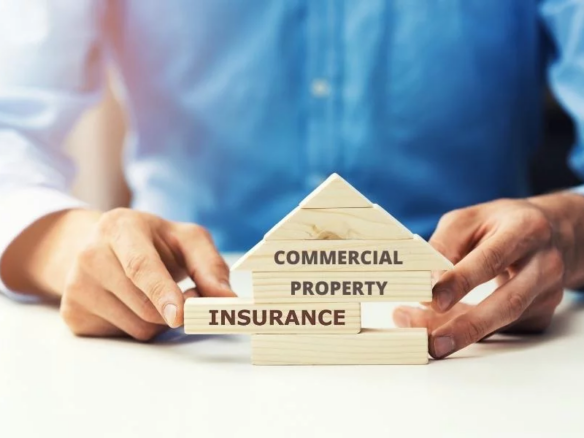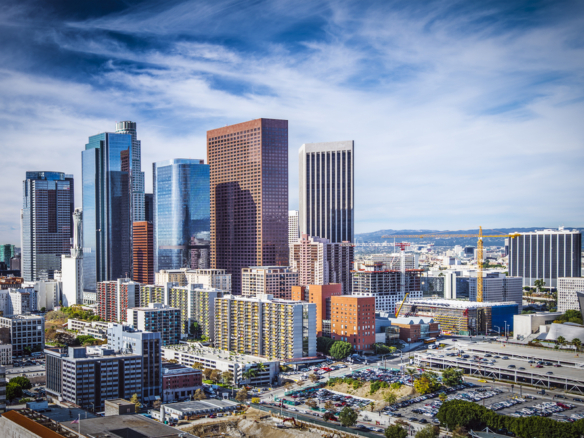As a commercial property manager, it is crucial to prioritize the maintenance of your property to ensure its longevity, curb appeal, and tenant satisfaction. Regular upkeep enhances property value and reduces the risk of costly repairs down the line.
In this article, you’ll learn about eleven essential maintenance tips that help commercial property managers keep their properties in top shape.
Tip #1: Successful Commercial Buildings Use Detailed Maintenance Plans
Start by developing a comprehensive maintenance plan that outlines regular tasks, such as inspections, cleaning, and repairs. A structured approach will help you stay organized and ensure everything runs smoothly. Incorporate preventive measures into your plan to address potential issues before they become major problems.
Tip #2: Maintaining the Exterior is as Important as the Interior
Curb appeal is essential for attracting and retaining tenants. Proper maintenance of the roof and building exterior is crucial for commercial properties. Hold regular inspections to identify any roof or exterior damage, such as loose shingles, cracks, or deteriorating siding. Deal with these issues promptly to prevent further damage and maintain the integrity of the structure.
Gutters and downspouts need regular cleaning and maintenance to prevent water damage. Also, keep the building exterior clean by washing and repainting as needed.
Tip #3: Focus on Hardscaping Too
In addition to the regular upkeep of the building’s structure and interior, commercial property managers must pay attention to maintaining hardscape elements.
Hardscaping refers to the components of your property’s landscape that aren’t plants or trees, such as cement pathways, sidewalks, curbs, and walls. Here are some key tips for this maintenance:
– Regularly inspect hardscape elements for damage or wear.
– Keep surfaces clean and clear of debris.
– Promptly repair or replace any damaged components.
– Apply sealants or protective coatings to prolong their lifespan.
– Implement weed control measures to prevent damaging growth.
– Clear snow and ice from these surfaces during winter to mitigate buckling, flaking, and potholes.
Work with a reputable commercial paving company to regularly inspect for cracks, potholes, and uneven surfaces. They can ensure any issues get addressed promptly to prevent hazards causing injuries or damage to vehicles. Additionally, maintain clear parking lot striping and signage for organized and safe parking.
Tip #4: Energy Efficiency Upgrades Can Modernize Your Building
Explore energy-saving initiatives to reduce operating costs and minimize the environmental impact of your property. Upgrade to energy-efficient lighting fixtures, invest in programmable thermostats, and evaluate insulation levels. Conduct energy audits to identify areas for improvement and implement energy-efficient practices and equipment where feasible.
Tip #5: Conduct Regular Inspections for Potential Issues
Performing routine inspections of the property is crucial to identify maintenance needs and address them promptly. Regularly check the building’s structure, HVAC systems, plumbing, electrical components, and common areas. By identifying and resolving minor issues early on, you can prevent them from escalating into larger, more expensive problems.
Tip #6: Save Money with Routine HVAC System Maintenance
The HVAC system plays a critical role in maintaining a comfortable environment for tenants—regularly scheduled maintenance and inspections for the heating, ventilation, and air conditioning (HVAC) system. Clean or replace filters, check for leaks and ensure it’s running efficiently. Proper maintenance ensures occupant comfort, extends the lifespan of the equipment, and improves energy efficiency. Plus, it can save you quite a bit of money.
Tip #7: Elevator Maintenance Keeps Things Running Smoothly
Routine maintenance is crucial if your commercial property has elevators to ensure safe and efficient operation. Schedule inspections and repairs with qualified elevator technicians. Their services should include checking mechanical and electrical components, lubricating moving parts, and testing safety features.
Regular maintenance helps identify and address potential issues before they escalate, ensuring a reliable and safe elevator experience for riders.
Tip #8: Prioritize Fire Safety Inspections
Conduct regular fire safety inspections to ensure compliance with local regulations and maintain a safe environment for occupants. Inspect fire extinguishers, smoke detectors, and emergency exit signs to ensure they are in working order.
Hold fire drills periodically to familiarize tenants and staff with emergency procedures. Collaborate with your local fire department to develop and implement an effective safety plan.
Tip #9: Plan Plumbing and Electrical Maintenance
Plumbing and electrical systems are essential for the smooth operation of any commercial property. Regularly inspect these systems for leaks, clogs, faulty wiring, or other issues. Promptly address any problems and ensure that all plumbing fixtures and electrical outlets work well.
Tip #10: Rejuvenate Interior Paint and Flooring Regularly
Painting and flooring maintenance are essential for preserving commercial properties’ fresh and clean appearance. This proactive approach ensures your property’s aesthetic is maintained and remains attractive to current and potential tenants.
Tip #11: Assess Safety and Security Measures
Ensure that safety and security measures are up to code and regularly maintained. Test fire alarms, emergency lighting, and sprinkler systems periodically. Check the functionality of security cameras, access control systems, and other security measures to provide a safe environment for tenants and employees. Proactive about security features will help reduce property risk and lower your commercial insurance premiums.
Conclusion
Effective maintenance is a fundamental responsibility of commercial property managers. By following these eleven essential maintenance tips, you can ensure your property’s long-term success and profitability.
Remember to develop a comprehensive maintenance plan, conduct regular inspections, address exterior and interior maintenance needs, and prioritize tenant communication. With a proactive approach to maintenance, you can create a safe, appealing, and well-maintained environment that attracts and retains tenants for years to come.




